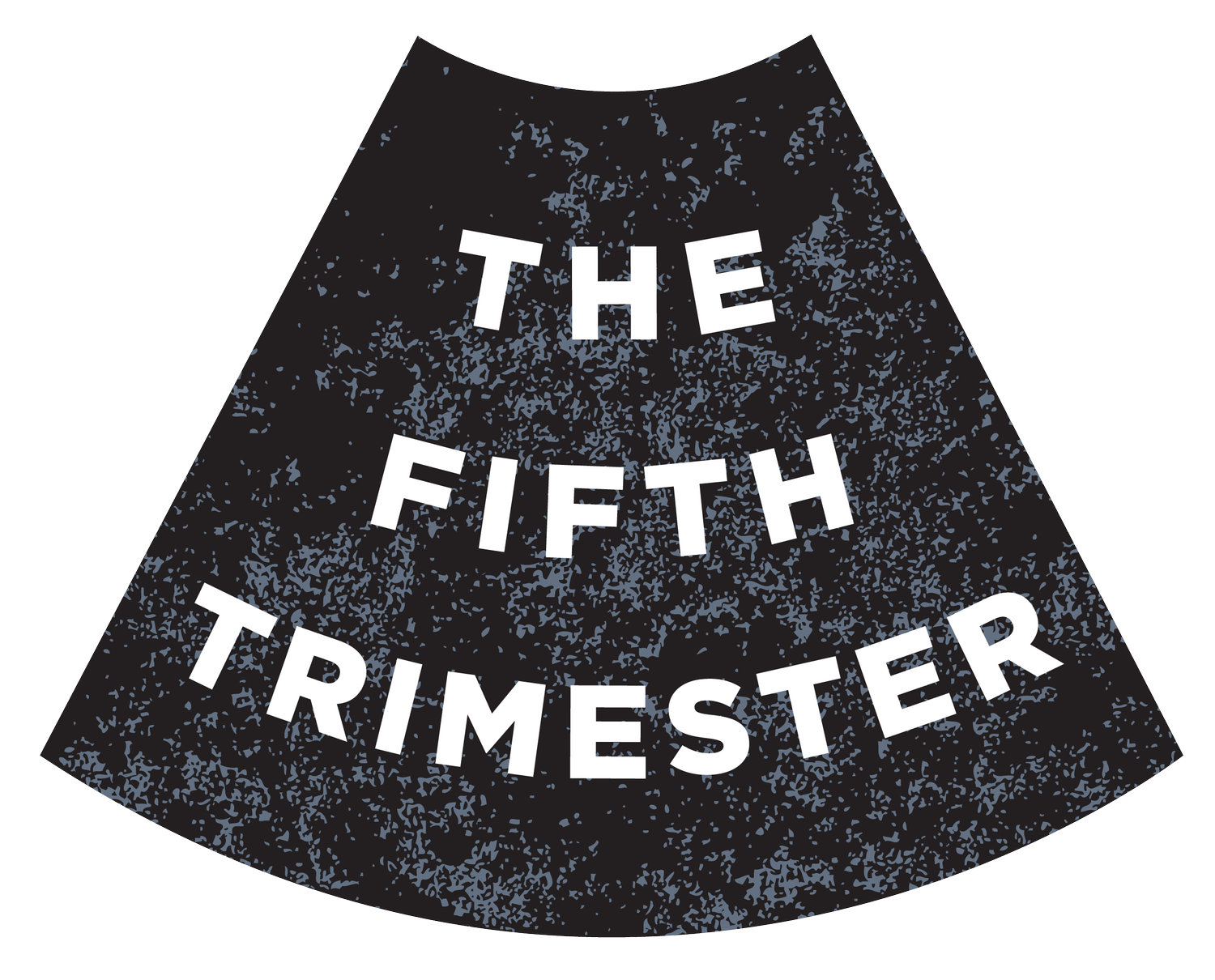Image via The Babble Shop on Etsy
When it comes to ketchup or hummus in our house, the rule is very firm: NO double-dipping. Especially when there's strep and flu going around (it's been a germy week chez Brody). But that's exactly the brilliant tactic that an Austral-asian company has just come up with for parental leave. My Food Bag, which is similar in concept to Blue Apron here in the U.S. (scheduled deliveries of pre-measured ingredients for at-home meals), will expand upon the New Zealand government's 18 paid weeks in a really cool way: New moms and dads will be allotted an extra 18 weeks—if they want to take them at any point in their child's first two years of life. Should they choose to forgo the additional leave, they will be paid 160% of their salary for that time. How smart is that? (And how loyalty inducing is that?) Because the message sent to employees is three-fold:
1) We get it. You really might need this time. And we don't want you feeling pressure to come back to work before you're ready. And:
2) Your work is so valuable to us that we will pay you significantly more for it. But:
3) This is, essentially, temporary combat pay, to acknowledge that your working right now is a detriment to other parts of your life.
My Food Bag's co-founders, both 30 years old and both pregnant, declined to tell The New Zealand Herald, which reported on the new policy, how much it would end up costing, saying only, "The costs will be significant, but nothing in comparison to the rewards."







